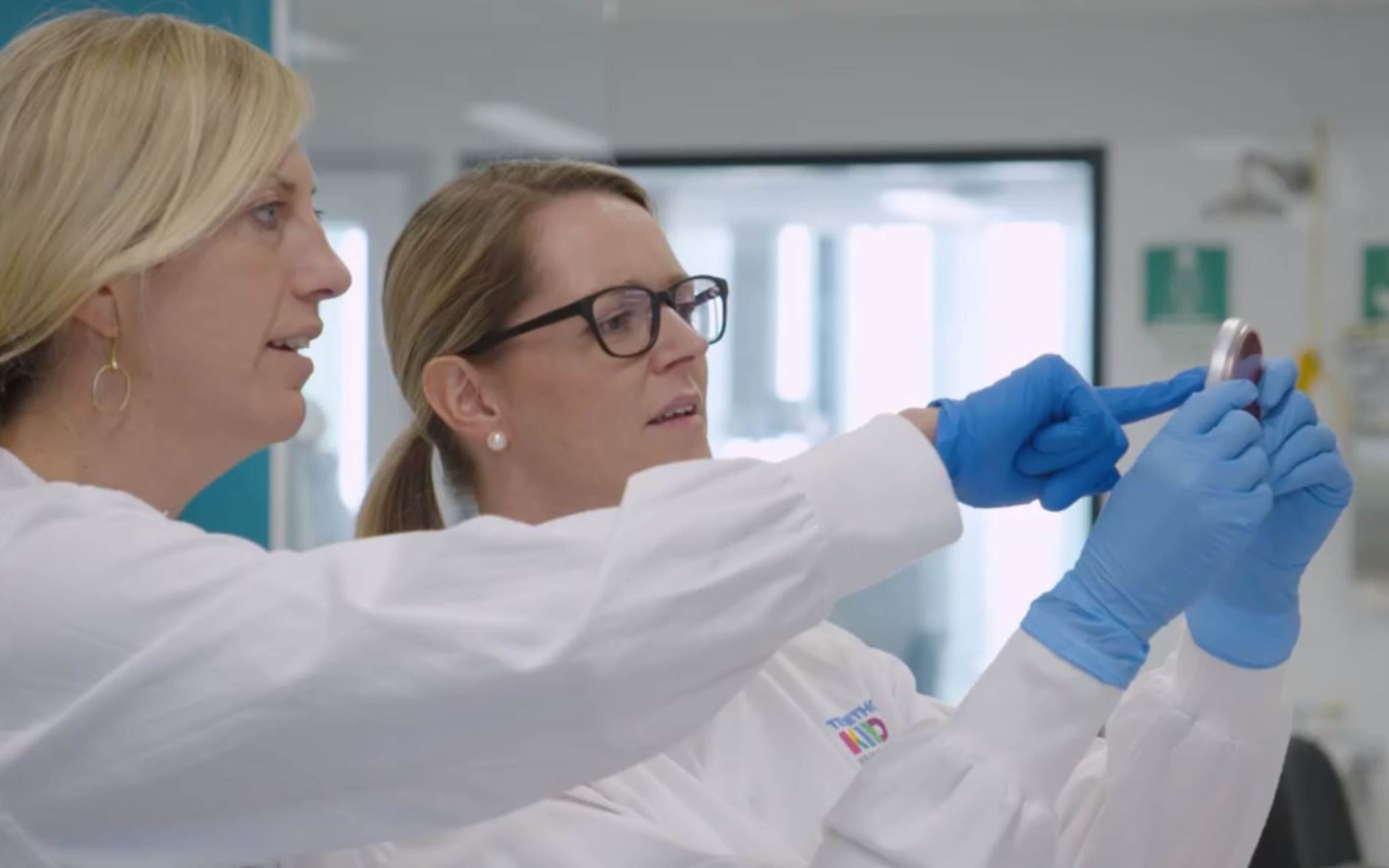Search

The Bacterial Respiratory Infectious Disease Group (BRIDG) has a major focus ear and lung disease involving Streptococcus pneumoniae and Haemophilus influenzae.
Research
The Platform Trial In COVID-19 Priming and BOOsting (PICOBOO): The immunogenicity, reactogenicity, and safety of different COVID-19 vaccinations administered as a second boosterPICOBOO is a randomised, adaptive trial evaluating the immunogenicity, reactogenicity, and safety of COVID-19 booster strategies. We report data for second boosters among individuals 50-<70 years old primed with AZD1222 (50-<70y-AZD1222) until Day 84.
Research
The Platform trial In COVID-19 vaccine priming and BOOsting (PICOBOO) booster vaccination substudy protocolCoronavirus-2019 (COVID-19) vaccination in Australia commenced in February 2021. The first vaccines recommended for use were AZD1222 and BNT162b2, both delivered as a two-dose primary schedule. In the absence of sustained immunity following immunisation, recommendations for booster vaccination have followed. It is likely that periodic boosting will be necessary for at least some Australians, but it is unknown what the optimal booster vaccines and schedules are or for whom vaccination should be recommended.
Research
The Platform Trial In COVID-19 priming and BOOsting : The immunogenicity, reactogenicity, and safety of licensed COVID-19 vaccinations administered as a second booster in BNT162b2PICOBOO is a randomised, adaptive trial evaluating the immunogenicity, reactogenicity, and safety of COVID-19 booster strategies. Here, we present data for second boosters among individuals aged 18-<50 and 50-<70 years old primed with BNT162b2 until Day (D) 84.

People
Associate Professor Lea-Ann KirkhamCo-Head, Bacterial Respiratory Infectious Disease Group; Microbiology Lead, Wesfarmers Centre of Vaccines & Infectious Diseases
Research
Clinical predictors of hypoxic pneumonia in children from the Eastern Highlands Province, Papua New Guinea: secondary analysis of two prospective observational studiesPneumonia is the leading cause of death in young children globally and is prevalent in the Papua New Guinea highlands. We investigated clinical predictors of hypoxic pneumonia to inform local treatment guidelines in this resource-limited setting.
Research
An infant mouse model of influenza-driven nontypeable Haemophilus influenzae colonization and acute otitis media suitable for preclinical testing of novel therapiesNontypeable Haemophilus influenzae (NTHi) is a major otitis media (OM) pathogen, with colonization a prerequisite for disease development. Most acute OM is in children <5 years old, with recurrent and chronic OM impacting hearing and learning. Therapies to prevent NTHi colonization and/or disease are needed, especially for young children. Respiratory viruses are implicated in driving the development of bacterial OM in children.
Research
Defining the cellular immune response to vaccines for enhanced protection from invasive pneumococcal diseasePeter Lea-Ann Ruth Richmond Kirkham Thornton MBBS MRCP(UK) FRACP PhD PhD Head, Vaccine Trials Group Co-Head, Bacterial Respiratory Infectious Disease
Research
Development of molecular tools for accurate diagnosis and disease surveillance (including vaccine impact)Janessa Lea-Ann Peter Ruth Pickering Kirkham Richmond Thornton BSc PhD PhD MBBS MRCP(UK) FRACP PhD Senior Research Fellow (currently HOT NORTH Early
Research
Does mum know best? Should we be vaccinating mothers to protect their babies from ear and lung disease?Elke Lea-Ann Ruth Peter Seppanen Kirkham Thornton Richmond BSc PhD PhD PhD MBBS MRCP(UK) FRACP Program Manager, Bacterial Respiratory Infectious
